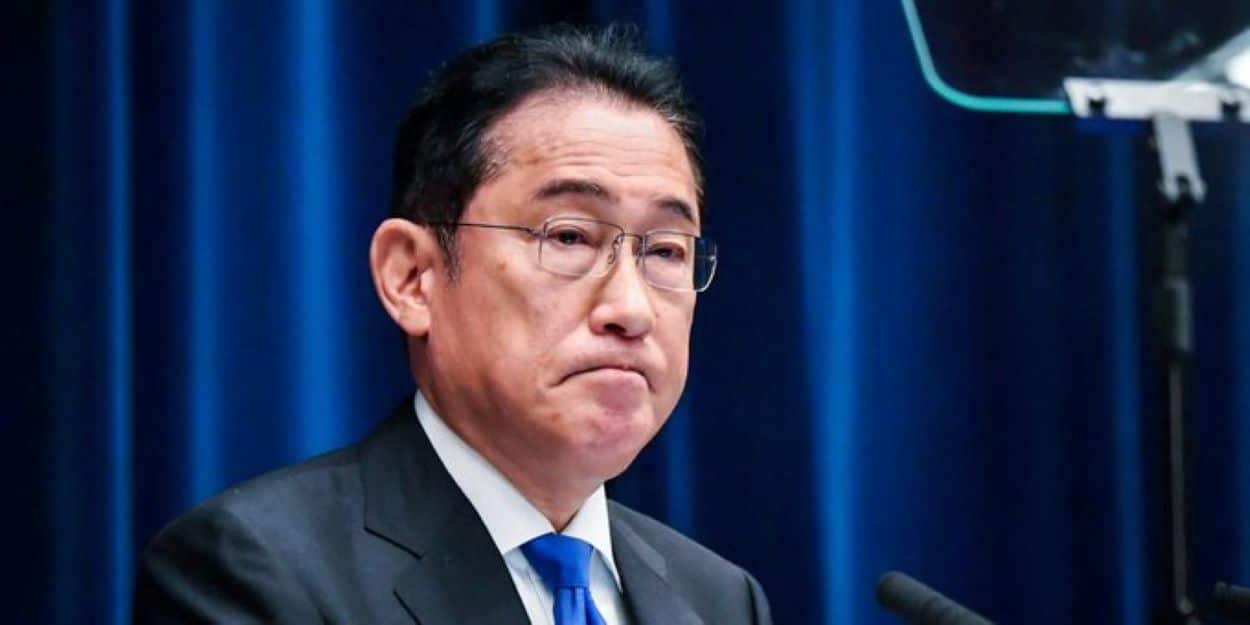Japanese Prime Minister Fumio Kishida announced he will resign in September, concluding a three-year term troubled by political scandals and economic challenges.
During a press conference on Wednesday, Kishida stated his decision not to seek re-election as the leader of the Liberal Democratic Party (LDP), emphasizing the crucial role of public trust in politics.
Kishida plans to continue supporting the LDP as a regular party member following his resignation. This move initiates a leadership contest within the LDP, which will also determine his successor as the head of the world’s fourth-largest economy.
Kishida’s popularity has waned due to scandals involving the LDP’s connections with the controversial Unification Church and unrecorded political donations. His tenure also faced public dissatisfaction over stagnant wages amidst rising living costs, marking a significant shift from years of deflation.
Koichi Nakano, a political science professor at Sophia University, likened the political scenario to sumo wrestling, where a grand champion must not only win but do so with grace, reflecting the high expectations placed on an LDP prime minister.
The next LDP leader will need to address internal party divisions, economic issues, escalating geopolitical tensions with China, and potential global shifts with the upcoming U.S. presidential election.
During his tenure, Kishida navigated Japan out of the COVID-19 pandemic with significant stimulus measures and saw through a crucial interest rate hike by the Bank of Japan in response to rising inflation, which has stirred financial markets and devalued the yen.
Kishida’s economic policies marked a departure from corporate profit-driven approaches, focusing instead on boosting household incomes through wage increases and promoting share ownership. He maintained Japan’s robust security stance, initiated by his predecessor Shinzo Abe, by committing to the largest military buildup since World War Two to counter China’s regional ambitions.
Additionally, with encouragement from the U.S., Kishida played a key role in improving Japan’s strained relations with South Korea, fostering deeper security cooperation with both countries and their mutual ally, the U.S., to address threats from North Korea.
U.S. Ambassador Rahm Emanuel recognized Kishida’s efforts, stating on social media that under his leadership, Japan and the U.S. have entered a new era of alliance.






